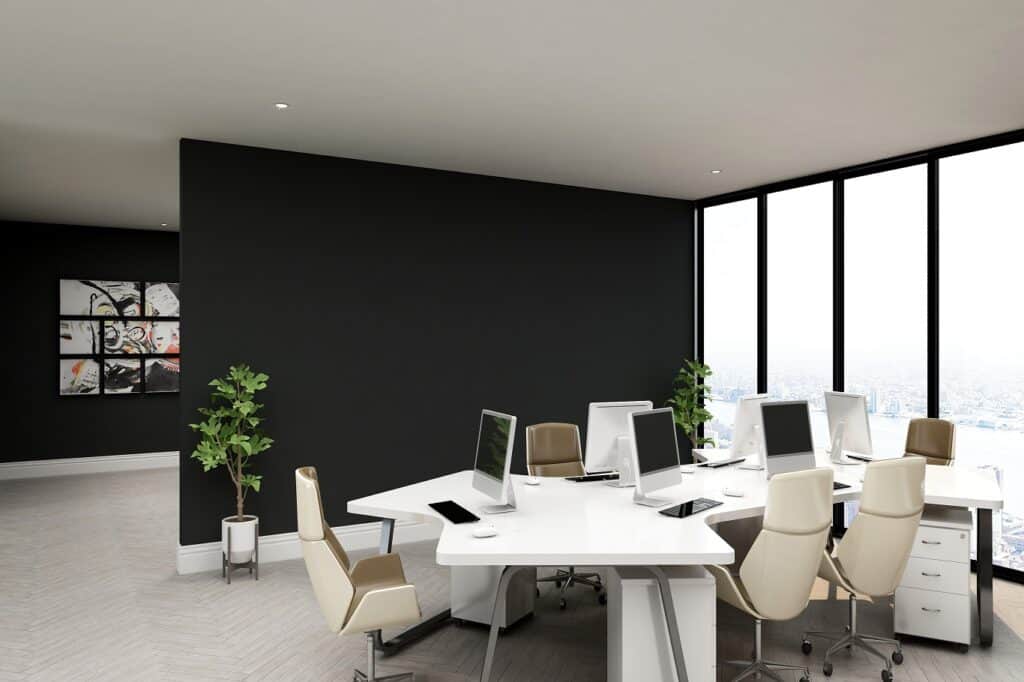Office Space Allocation: From Open Plans to Private Offices from donike's blog
Effective office space allocation in Malta is a critical aspect of creating a productive and harmonious work environment. Whether your business thrives on the collaborative energy of open plans or the focused solitude of private offices, the way you allocate space can significantly impact employee performance and satisfaction. In this article, we explore the various office space allocation strategies, their benefits, and how to choose the right setup for your organization in Malta.

The Evolution of Office Space Allocation
Office design has evolved significantly over the years, moving from traditional private offices to open-plan layouts and now to a more hybrid approach. Understanding the strengths and weaknesses of each setup can help you make informed decisions about your office space allocation.
Open Plan Layouts
Open plan offices have become popular for their ability to foster collaboration and communication among employees. By removing physical barriers, these layouts create a sense of openness and transparency.
Benefits of Open Plan Layouts:
Enhanced Collaboration: Teams can easily interact, share ideas, and work together on projects without the need for formal meetings.
Flexibility: Open spaces can be easily reconfigured to accommodate changing needs and team sizes.
Cost-Effective: These layouts often require less square footage and fewer materials for partitions and walls.
Challenges of Open Plan Layouts:
Noise and Distractions: Without barriers, noise levels can rise, leading to potential distractions and decreased productivity.
Lack of Privacy: Employees may struggle with the lack of personal space and find it difficult to focus on individual tasks.
Private Offices
Private offices offer a more traditional approach to office space allocation, providing employees with dedicated, enclosed workspaces. This setup is particularly beneficial for roles that require intense concentration or confidentiality.
Benefits of Private Offices:
Increased Privacy: Employees have their own space, which can lead to better concentration and productivity.
Reduced Distractions: Enclosed spaces help minimize noise and interruptions from colleagues.
Personalization: Employees can personalize their workspace, creating a more comfortable and motivating environment.
Challenges of Private Offices:
Reduced Collaboration: The separation of employees can hinder spontaneous interactions and collaboration.
Higher Costs: Private offices typically require more square footage and construction materials, leading to higher costs.
Hybrid Approaches
Many modern offices are adopting hybrid approaches to balance the benefits of both open plan layouts and private offices. These designs often include a mix of open collaborative spaces, private offices, and semi-private areas to cater to different work styles and needs.
Benefits of Hybrid Approaches:
Versatility: Hybrid designs offer a variety of workspaces to suit different tasks and preferences.
Enhanced Collaboration and Focus: Employees can choose the environment that best supports their current work, whether it requires collaboration or deep concentration.
Employee Satisfaction: Providing a range of workspace options can boost employee satisfaction and well-being.
Tips for Effective Office Space Allocation in Malta
Choosing the right office space allocation for your business in Malta requires careful consideration of your team’s needs and the nature of your work. Here are some tips to help you make the best decision:
Assess Your Needs:
Conduct a thorough assessment of your team’s workflow, communication patterns, and the types of tasks they perform. This will help you determine the right mix of open and private spaces.
Involve Employees in the Decision:
Gather input from your employees about their workspace preferences and requirements. Involving them in the decision-making process can lead to higher satisfaction and better utilization of the space.
Consider Flexibility:
Design your office with flexibility in mind. Modular furniture and movable partitions can help you adapt the space as your needs change over time.
Focus on Acoustics:
In open plan areas, use sound-absorbing materials and strategic layouts to minimize noise and distractions. In private offices, ensure good sound insulation to maintain privacy.
Prioritize Natural Light:
Access to natural light can significantly improve employee well-being and productivity. Arrange workstations to maximize the use of natural light throughout the office.
Create Multi-Functional Spaces:
Design areas that can serve multiple purposes, such as meeting rooms that double as quiet workspaces or break areas that can be used for informal meetings.
Balance Collaboration and Privacy:
Ensure that there are ample spaces for both collaboration and focused work. This balance is crucial for supporting different work styles and tasks.
Effective office space allocation in Malta is key to creating a work environment that supports productivity, collaboration, and employee satisfaction. By understanding the benefits and challenges of open plans, private offices, and hybrid approaches, you can make informed decisions about your office design. Whether you choose an open layout, private offices, or a combination of both, the goal is to create a workspace that aligns with your business needs and enhances the overall work experience for your team.

The Wall